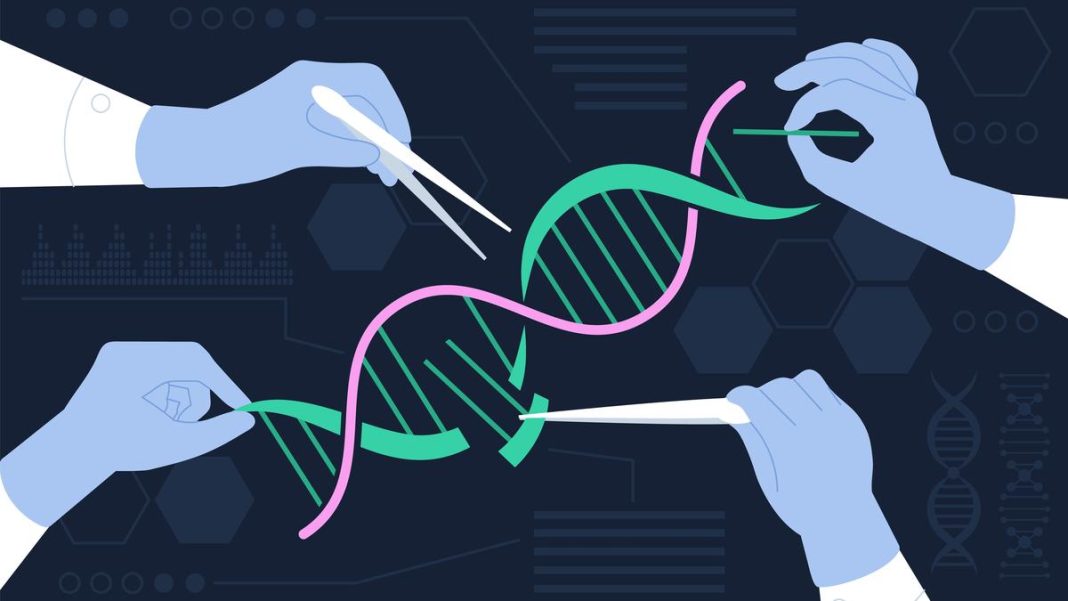Precision biotherapeutics represent a paradigm shift from treating symptoms to correcting the root causes of diseases, particularly genetic ailments, by leveraging a patient’s unique biological profile.
Key Takeaways
- Precision biotherapeutics use genetic and molecular data to create personalised treatments.
- India faces a high burden of non-communicable diseases where these therapies could be transformative.
- The country has growing research initiatives but faces regulatory and cost challenges.
- Global leaders are advancing rapidly with approved gene and cell therapies.
What Are Precision Biotherapeutics?
Precision biotherapeutics are medical interventions—including drugs, therapies, and biological products—customized to an individual’s genetic, molecular, or cellular makeup. This approach moves beyond one-size-fits-all medicine to target the specific mechanisms driving disease.
The field integrates several advanced technologies:
- Genomic and proteomic analysis to identify disease-causing mutations
- Gene editing therapies like CRISPR for blood disorders
- mRNA and nucleic acid therapeutics that instruct cells to produce beneficial proteins
- Monoclonal antibodies and biologics targeting precise disease markers
- AI-driven drug discovery predicting molecular interactions
Why India Needs This Medical Revolution
With non-communicable diseases causing 65% of deaths nationwide, India urgently needs more effective treatment approaches. The country’s genetic diversity presents both a challenge and opportunity—while making clinical trials complex, it also enables therapies tailored to local populations.
Traditional pharmaceuticals developed abroad may not work optimally for Indian genetic profiles. Homegrown initiatives like and GenomeIndia are creating the foundation for locally relevant treatments that could shift healthcare toward preventive and personalized models.
India’s Current Position in Precision Medicine
The Department of Biotechnology has identified precision biotherapeutics as a key focus area under its BioE³ Policy. Leading research institutions including IGIB, NIBMG, and THSTI are mapping genetic diversity and disease susceptibility across populations.
Private sector companies are making significant strides:
- Biocon Biologics and Dr. Reddy’s Laboratories investing in biosimilars and monoclonal antibodies
- Zydus LifeSciences developing gene therapies for rare diseases
- Immuneel Therapeutics focusing on immuno-oncology
- ImmunoACT bringing CAR-T technology to India
Despite this progress, India lacks clear regulatory frameworks for gene and cell therapies. Limited local manufacturing capacity and high treatment costs restrict access primarily to affluent urban patients, creating significant equity concerns.
Global Landscape of Precision Therapies
The United States and European Union currently lead in research and regulation, with the FDA having approved over 30 gene and cell therapies including landmark treatments like Zolgensma and the CRISPR-based therapy Casgevy.
China is rapidly advancing with over 800 clinical trials in gene and cell therapy, while Japan and South Korea have streamlined approval processes for regenerative medicines. These countries demonstrate the accelerating pace of adoption worldwide.
Opportunities and Challenges for India
Precision biotherapeutics offer tremendous potential to revolutionize treatment for genetic, metabolic and oncological diseases while positioning India as an affordable manufacturing hub in a global market projected to exceed $22 billion by 2027.
However, significant risks require attention:
- Ethical and privacy concerns around genetic data misuse
- Healthcare inequity from high costs and limited infrastructure
- Dependence on foreign players without adequate research investment
The Path Forward for India
To fully harness precision biotherapeutics, India must:
- Establish dedicated regulatory frameworks for gene and cell therapies under CDSCO
- Implement biobanking laws protecting privacy while enabling research
- Integrate precision medicine into public health through cost-sharing models
- Create national bioethics committees overseeing genetic data use and therapy access
With strategic investment and appropriate safeguards, India can leverage its scientific talent and cost advantages to make precision therapies accessible to broader populations.




